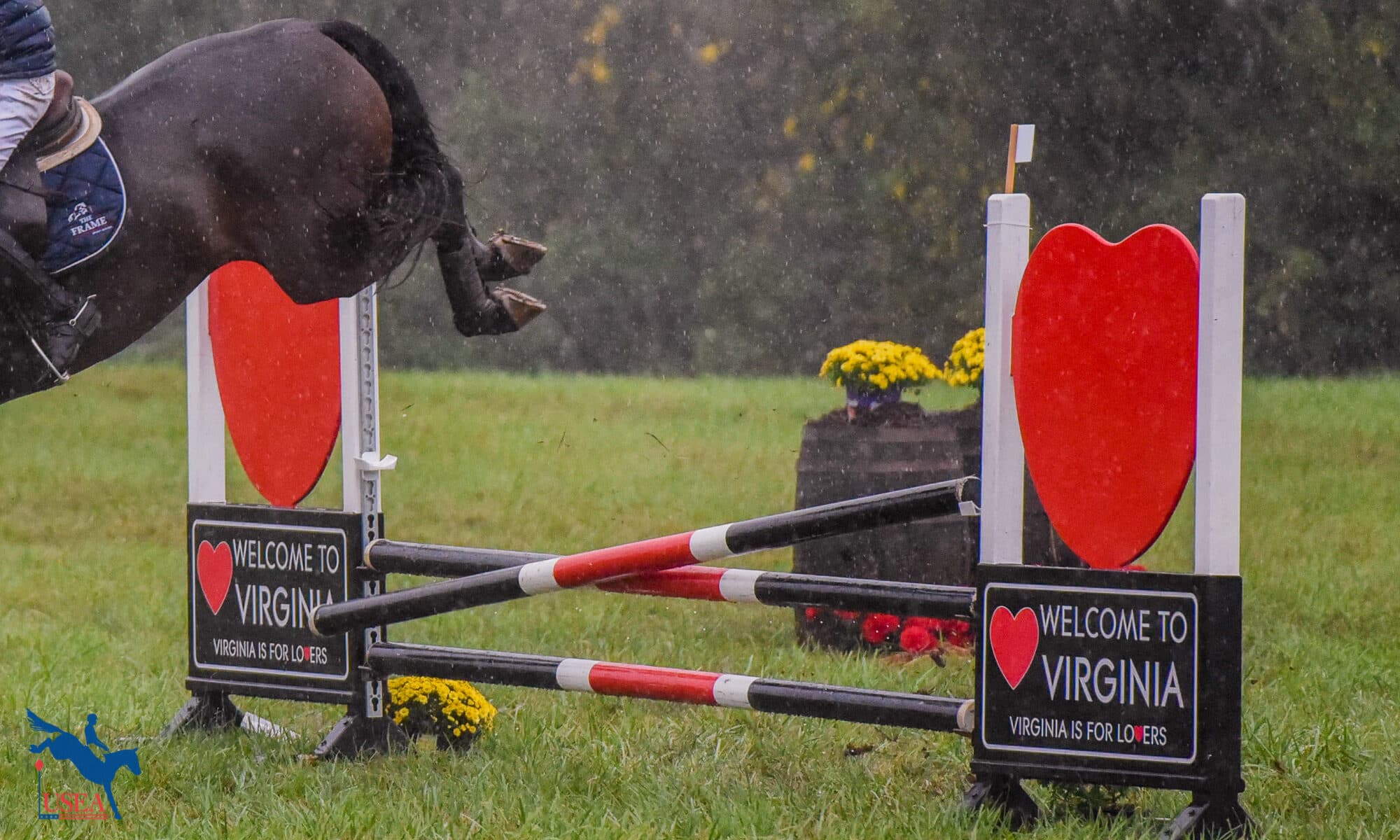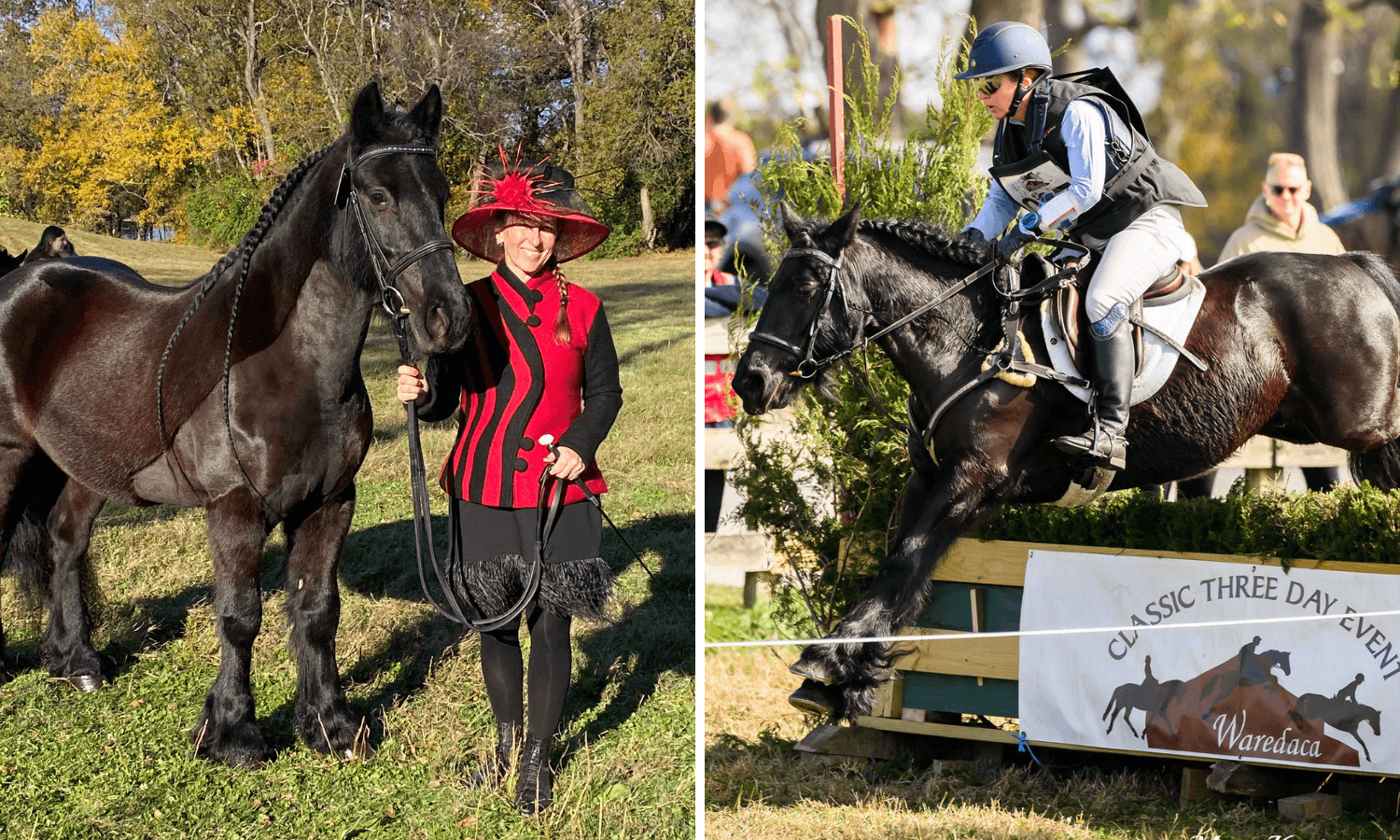Rule Refresher: Proposed Extraordinary Rule Changes Still Pending Federation Approval

*Article updated March 22, 2021
Every year, the USEA has the opportunity to submit rule change proposals to go into effect during the current competition year as a part of the extraordinary rule change process. This year, the USEA has submitted four extraordinary rule changes for consideration by the USEF.
Please note that, as these extraordinary rule changes have not completed the formal approval process, the current version of the USEF Rules for Eventing does not show these changes.
March 22, 2021 Update: At the March 8, 2021 meeting, the USEF Board of Directors decided to not review the extraordinary rule changes for EV112, EV150, and EV153 until May 10th with a potential June 1, 2021 effective date. The EV113 rule change proposal did pass and will go into effect on April 1, 2021.
Changes to the rules are shown below in bold italics.
EV112 Dangerous Riding
4. The Ground Jury, and the Technical Delegate, and the Course Designer have the authority to stop a rider on the cross-country course for dangerous riding, riding an exhausted horse, excessive pressing of a tired horse, riding an obviously lame horse, excessive use of the whip and/or spurs or riding in an unsafe way.
Rule Change Intent: This rule change recognizes that licensed cross-country course designers by the nature of their training and licensing are qualified to identify dangerous riding. This will enable those designers to have the authority to stop a rider on course for dangerous riding.
EV113 Medical Requirements
1. ACCIDENTS INVOLVING COMPETITORS
a. In the event of an accident in which a competitor is apparently injured or concussed, they must be examined by designated medical personnel to determine if they may take part in another test, ride another horse or if they are capable of leaving the grounds. Refusal to be examined shall be penalized by a fine of $100 (Payable to the Organizing Committee) at the discretion of the Ground Jury and a mandatory Yellow Warning Card being issued.
Rule Change Intent: After the review by the USEA Cross-Country Safety Subcommittee, Active Athletes, and a Task Force focused on Concussions, it was determined that there needs to be more enforcement of mandatory inspection, and a validation of the importance of health before return to play of competitors following apparent injury or concussion.
EV150 Penalties
1. During a round, penalties are incurred for:
g. 20 show jump penalties - Compulsory Retirement
10. COMPULSORY RETIREMENT
A competitor incurs 20 or more jump penalties in show jumping at the Training level or higher. Enforced at the end of the round unless the competitor retires or is eliminated.
Rule Change Intent: This rule is being presented to reduce risk in the sport of eventing. The reasoning has been that in reviewing the incidence of poor riding at competitions, the performance records of those riders that have died in schooling situations, data from EquiRatings, and other indicators, the USEA Cross-Country Safety Subcommittee views it as important to highlight that poor show jumping performance should result in retirement. They believe this should be equally applied regardless of whether show jumping or cross-country occur first in the schedule of the competition. British Eventing instituted this rule for similar reasons and it would be an additional measure to lessen risk in the sport. Compulsory Retirement (CR) designation was chosen to distinguish the penalty from fall of horse (Mandatory Retirement, MR) for tracking purposes.
EV153 Faults
4. Faults are penalized in penalty points or by elimination as set out in this section (EV153).
20 or more (show jump) penalties at Training, Modified, Preliminary, Intermediate, or Advanced: Compulsory Retirement enforced at end of round, unless competitor retires or is eliminated.
Rule Change Intent: This rule is being presented to reduce risk in the sport of eventing. The reasoning has been that in reviewing the incidence of poor riding at competitions, the performance records of those riders that have died in schooling situations, data from EquiRatings, and other indicators, the USEA Cross-Country Safety Subcommittee views it as important to highlight that poor show jumping performance should result in retirement. They believe this should be equally applied regardless of whether show jumping or cross-country occur first in the schedule of the competition. British Eventing instituted this rule for similar reasons and it would be an additional measure to lessen risk in the sport. Compulsory Retirement (CR) designation was chosen to distinguish the penalty from fall of horse (Mandatory Retirement, MR) for tracking purposes.
If you would like more information about these extraordinary rule change proposals, or the standard rule change proposals being submitted to go into effect on December 1, 2021 for the 2022 competition season, please tune into our Rules Webinar on Tuesday, February 23 at 5:00 p.m. Eastern time. More details are available here.
Want to catch up on past rule refreshers? Click here.















